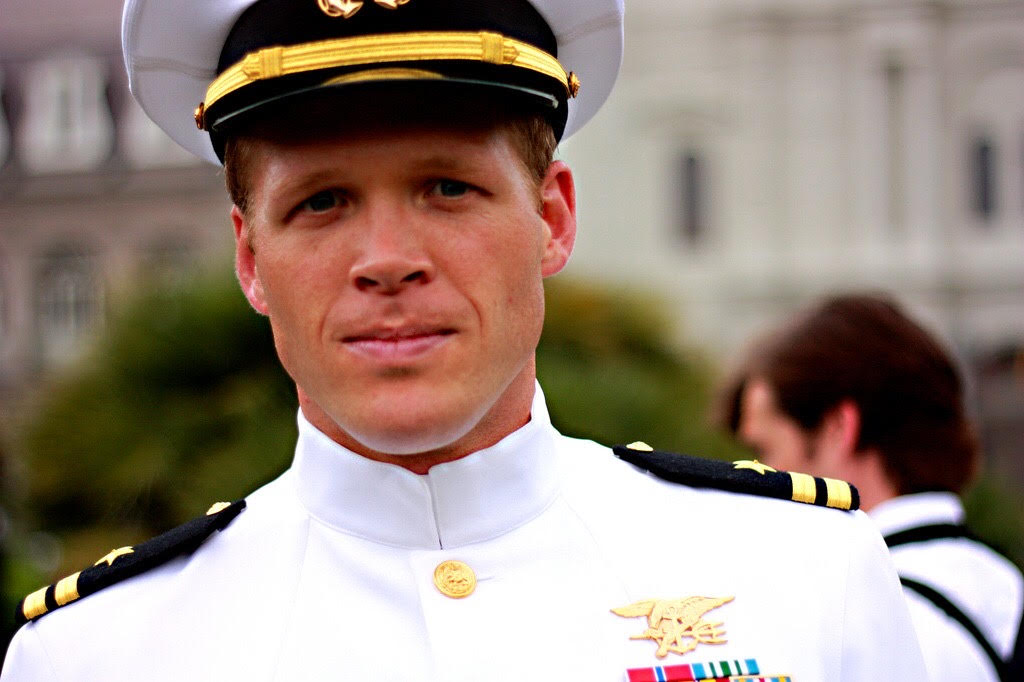It may seem an ironic phrase, but Pat Dossett and Dominic Bowden agree that “wellness epidemic” is a fitting description for the overload of supposed cures, therapies, treatments and experts that have over-run so much of the health and wellbeing world.
“Especially in the US, we’re so heavily marketed quick-fix solutions and wellness fads, and things that aren’t really backed in science or aren’t foundationally good for us or serve us well,” says Dossett, a US Navy Seal turned entrepreneur.
And the problem with that, he argues, is, “when you pursue things that are quick fixes or aren’t grounded in science, what you end up doing is losing agency or losing an ability to control things that you’re designed to control.” When what he believes the goal should be is, “if you exert control in specific ways you can actually be better”.
Dossett has himself ventured into that crowded and often dubious world of wellbeing treatment with his book The Madefor Method – except in his case, he is confident that his programme based on the principle of mindset is a sound and well-proven one. He can cite himself and his former Seal comrades as evidence of mindset in action.
Dossett was the first guest on the WellBeings podcast, and he really summed up the intent of the series which is, “conversations on the science of feeling good”. If you haven’t listened to it yet, or need a little re-jig on the foundations of wellbeing, we highly recommend giving it a listen here.
Bowden – who was a near-constant presence on New Zealand television throughout the early 2000s – now lives in New York, but he stays in close contact with what’s happening back home with a Saturday morning radio show on Today FM.
With New Zealand following the rest of the world in trying to figure out what the future looks like, he’s certain that the time is right for wellbeing to become central to everything that we do. He has another phrase to sum up that part of his philosophy: “How can we grow through this rather than go through this?”
For his part, Dossett is quick to dispel some of the Hollywood-inspired myth surrounding his previous career. Doing so is central to the message he has about the importance and power of mindset to allow humans to cope with things they may have considered overwhelming.
His introduction to the world of the Navy Seal (one of the US military’s elite special forces), was “surprising”. He was part of some 220 individuals who showed up for his initial training intake, a brutal process which rapidly winnowed numbers down.

The surprising thing was, as he points out, some of the first to go were the “central casting” characters who fitted the stereotype of special forces he-men. The 17 who finally made it through were “rather unremarkable – you wouldn’t have been able to pick them out from a line-up”, Dossett tells Bowden.
“All the biggest, fastest, strongest people, those that maybe most look the part, that you could have picked out from central casting to star in the next Seal film, they were all some of the first to go away …
“What you were left with was these 17 people … [who] possessed something, and what I found to be the common denominator was this mindset that allowed them to push their brains and their bodies to places that we might not think we could go.”
He sees lessons from the Seals for a world facing a bewildering and unpredictable future.
“The things that Seals do more effective than anybody else … is this ability to navigate the environment they find themselves in regardless of what that is,” he explains.
“I think that’s the challenge for New Zealand right now … is knowing that there are many things we are experiencing that we can’t control.”
“We can’t control what happens with the weather, we can’t control what happens with the financial climate, we just can’t control all these things …”
“Despite all that… how can we get into action ways that not only feel accessible and doable, but are also effective.”

